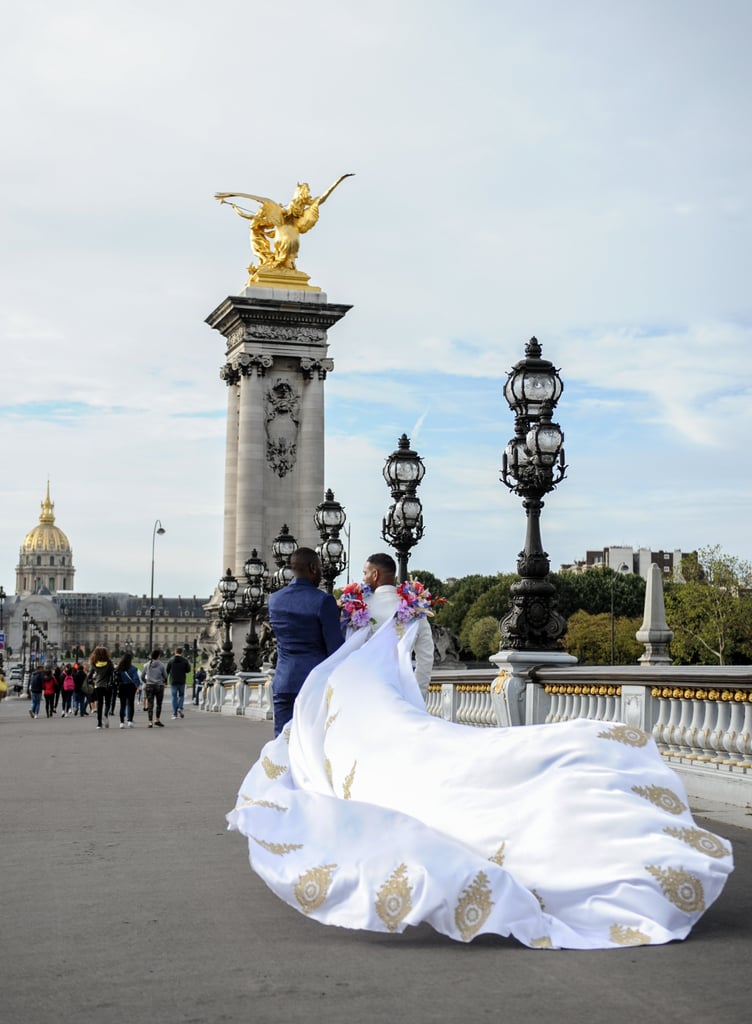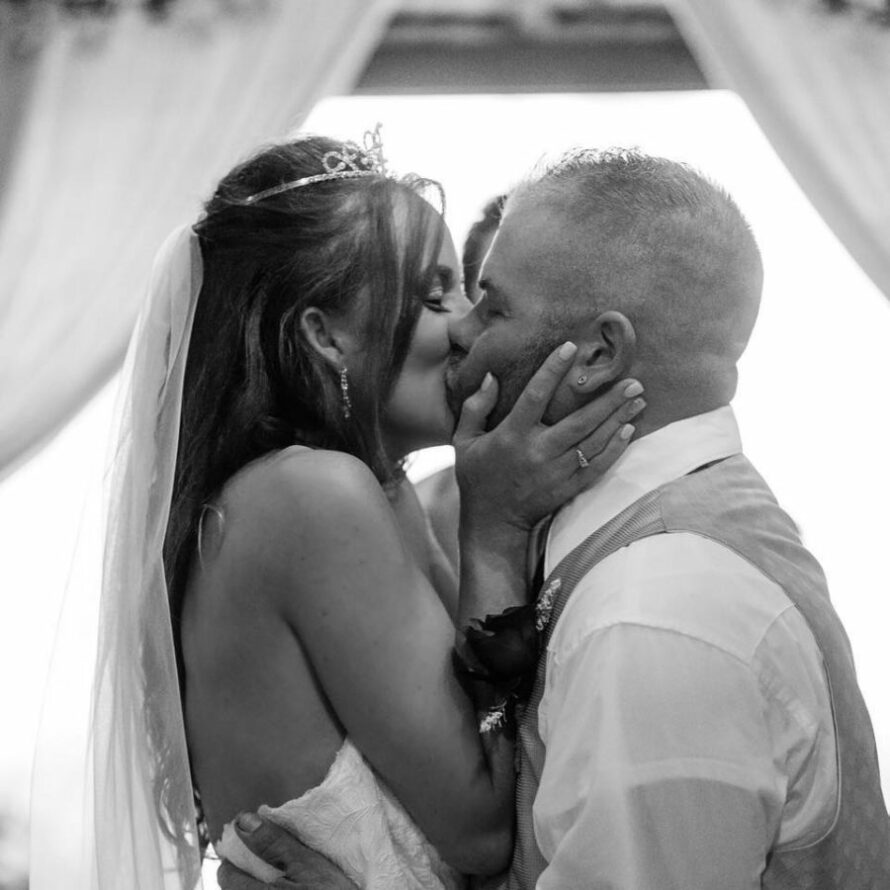
Yes, it’s your big day but that doesn’t mean forgetting all about your guests.
A memorable event is about more than just fabulous styling, a gorgeous dress and lip-smackingly good food, especially when it comes to weddings.
Weddings are about celebrating one of the happiest days of your life and doing so surrounded by your nearest and dearest, so keep them in mind when you’re planning your wedding celebrations. Be thoughtful, generous and pay special attention to the little things that matter to guests and you’re guaranteed that your big day will be remembered for all the right reasons.
Get the seating right:
One of the most difficult parts of planning the wedding is compiling the seating chart but even the most brilliantly constructed seating chart will count for naught if guests are crammed or trapped.

Ensuring family members that do not get along are seated as far away from one other as possible is also important for keeping the peace – and reducing your stress.
Overly long toasts:
We’ve all been at weddings where the speeches JUST. WOULDN’T. END. You know the ones. Remember that best man speech that went for 45 minutes? Or where the groom’s big brother cracked inappropriate joke after inappropriate joke before the bridesmaid launched into a speech that disclosed way too much about the bride’s teenage shenanigans. They’re uncomfortable, off-putting and, sometimes, plain old boring.
Yes, it’s your big day but speeches, especially wedding speeches, are about conveying the sentiment of the day and thanking those who’ve played a role in the newlyweds’ lives. You can do that in a speech that’s short and sweet so, unless you or your bridal part are brilliant speakers who can mesmerize the crowd for long periods, give your speakers a time limit of five minutes each – and ensure they stick to it! The same goes for non-stop photo montages!
Oh, and don’t forget to ensure the content of the speeches is appropriate for the audience. Jokes about strippers and the groom’s inebriated buck’s night antics won’t fly with the new in-laws and, if your crowd is full of older relatives or a more conservative audience, dropping the f-bomb every few sentences is not likely to win them over.
Bad food – or not enough of it:
Of course, no couple wants their guests to go hungry. Be sure to have tasted the food selection you’ll be serving on your big day with your venue during the initial planning stages. It’s a little too late to discover problems on your wedding day.
Also, keep in mind that you’re probably feeding a large group of people and that not everyone will share your taste in food. You may have vegetarians in the crowd (or be one yourself) and guests with allergies or other special dietary needs, so be sure to notify your venue of these as early as possible. Finally, be sure to order enough food for your guest numbers. There’s little more embarrassing as a host or hostess as the food running out halfway through the event. Keep all these food-related rules in mind and you won’t find your guests doing a Maccas run – despite the gourmet feast you’ve served up – on their way home!
An ungracious couple:
Just as you’ve invited your guests to share your big day, they too have take time out of their schedules to help you celebrate. No matter how busy you are, be sure to make time to speak with every guest on the day. The best way to ensure every guest gets personal attention is to walk around to each table while appetisers or desserts are being served. It will become more complicated to see each guest once they have begun moving around and switching tables. Also, ensure you send out thank-you cards promptly after the wedding. Thank your guests for their presence and their presents. And, no matter how much you dislike a gift, never, ever react this way.
Timing issues:
Be mindful of how much time you leave between your wedding ceremony and reception. You’ll be busy having photos taken and grabbing a desperately needed break, but unless something is organised (even just the name of a local pub where guest can grab a beer or coffee while awaiting your arrival), they’ll be milling around twiddling their thumbs. The problem is compounded if they have kids in tow. Too much time between the ceremony and the reception can be painful for guests, especially out-of-towners who are likely to become bored during this period. Of course, you need to do what you need to do but turning your mind to what the guests might do during the wait is thoughtful. If you can afford it, some couples organise drinks and nibbles in another room at the wedding venue. Guests can park, unwind and kick up their heels while they await the newlyweds’ arrival.
Give your guests directions:
A really thoughtful gesture is to include a mini map of the venue or a slip of paper containing directions to the ceremony and reception sites. It can just be something you print at home containing the address and basic directions and just goes one step smoother to ensuring your day runs that little bit more smoothly.
Bored out-of-towners:
Guests travelling to your wedding can be left idle and bored on the days leading up to your wedding. It is understandable that you do not have time to entertain everyone, especially as you are finishing last minute errands.
Giving each out-of-town guest a welcome pack can help make them feel welcomed. In the pack include brochures of fun activities to do in the area and events that are going on. This will allow guests to entertain themselves without feeling abandoned by you.
Ambiguous invitations:
Don’t be ambiguous with your invitations. Be absolutely clear about whether or not they are able to bring a guest/date/plus-one and whether children are invited. In not being clear, you’re inviting discomfort, frustrated guests and some very, very awkward conversations. So, be straight up from the start. Be sure to state clearly on the invitation whether children are included or not. Confusion about bringing a guest can be alleviated by filling out the names on the response card yourself. If a guest is included, putting “John Smith and Guest will/will not attend” or simply “John Smith” if they are not allowed a guest will clearly communicate who is included on the invitation.
Inappropriate or bad music:
Musical tastes vary and what is, literally, music to your ears may be hellish to your guests – and vice versa. Of course, choosing music can be a painful exercise: too much old-time music can lead to complaints from the younger crowd while the lyrics in some Top 40 songs (I’m talking about you, Robin Thicke!), may make your grandparents blush. To ease this issue, communicate clearly with your DJ about genres that are OK to play and what is not. Planning your special songs, such as the first dance, is important and providing a “must play” list can give the DJ a good idea of your musical tastes. Aside from this, staying away from over-planning music can actually be beneficial. The good thing is that unless your DJ is a newbie, he or she has probably played plenty of weddings will be able to read your crowd and play music that will make everyone get up and boogie.
An inconvenient date:
Be mindful of the convenience of the date you’re marrying on. While you may have chosen your wedding day because of an anniversary or another special occasion, there’s no point inviting people on a day the majority of the guests will have difficulty attending or a date such as Christmas, that most people would probably rather spend with family. For example, a Grand Final day wedding may see guests declining your invite. If they do attend, chances are many will be elsewhere mentally – between sneaking off to watch or listen to the match on a phone or nearby radio or TV.






